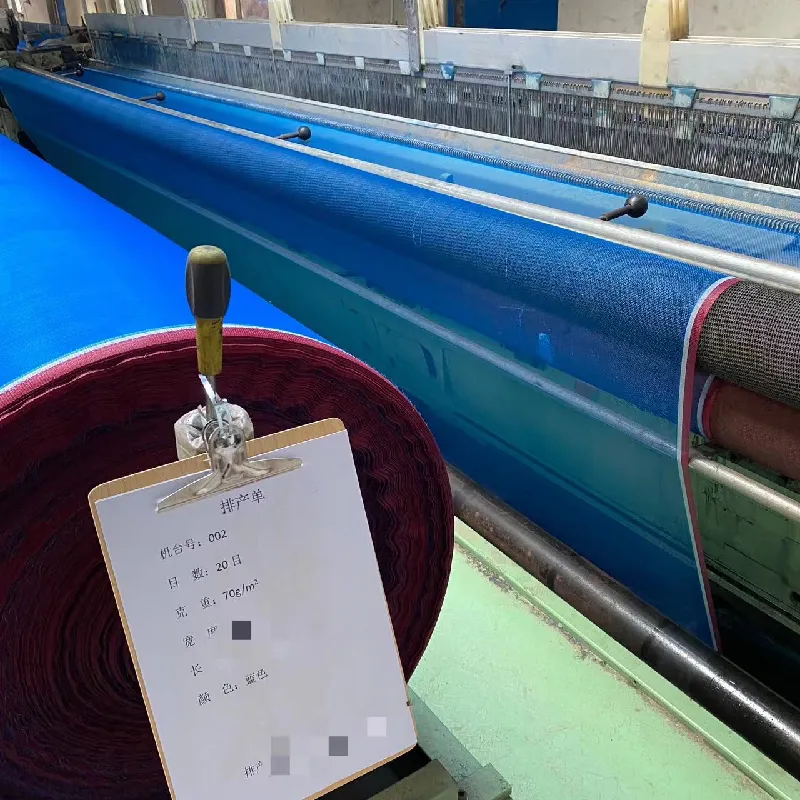-
 Afrikaans
Afrikaans -
 Albanian
Albanian -
 Amharic
Amharic -
 Arabic
Arabic -
 Armenian
Armenian -
 Azerbaijani
Azerbaijani -
 Basque
Basque -
 Belarusian
Belarusian -
 Bengali
Bengali -
 Bosnian
Bosnian -
 Bulgarian
Bulgarian -
 Catalan
Catalan -
 Cebuano
Cebuano -
 China
China -
 Corsican
Corsican -
 Croatian
Croatian -
 Czech
Czech -
 Danish
Danish -
 Dutch
Dutch -
 English
English -
 Esperanto
Esperanto -
 Estonian
Estonian -
 Finnish
Finnish -
 French
French -
 Frisian
Frisian -
 Galician
Galician -
 Georgian
Georgian -
 German
German -
 Greek
Greek -
 Gujarati
Gujarati -
 Haitian Creole
Haitian Creole -
 hausa
hausa -
 hawaiian
hawaiian -
 Hebrew
Hebrew -
 Hindi
Hindi -
 Miao
Miao -
 Hungarian
Hungarian -
 Icelandic
Icelandic -
 igbo
igbo -
 Indonesian
Indonesian -
 irish
irish -
 Italian
Italian -
 Japanese
Japanese -
 Javanese
Javanese -
 Kannada
Kannada -
 kazakh
kazakh -
 Khmer
Khmer -
 Rwandese
Rwandese -
 Korean
Korean -
 Kurdish
Kurdish -
 Kyrgyz
Kyrgyz -
 Lao
Lao -
 Latin
Latin -
 Latvian
Latvian -
 Lithuanian
Lithuanian -
 Luxembourgish
Luxembourgish -
 Macedonian
Macedonian -
 Malgashi
Malgashi -
 Malay
Malay -
 Malayalam
Malayalam -
 Maltese
Maltese -
 Maori
Maori -
 Marathi
Marathi -
 Mongolian
Mongolian -
 Myanmar
Myanmar -
 Nepali
Nepali -
 Norwegian
Norwegian -
 Norwegian
Norwegian -
 Occitan
Occitan -
 Pashto
Pashto -
 Persian
Persian -
 Polish
Polish -
 Portuguese
Portuguese -
 Punjabi
Punjabi -
 Romanian
Romanian -
 Russian
Russian -
 Samoan
Samoan -
 Scottish Gaelic
Scottish Gaelic -
 Serbian
Serbian -
 Sesotho
Sesotho -
 Shona
Shona -
 Sindhi
Sindhi -
 Sinhala
Sinhala -
 Slovak
Slovak -
 Slovenian
Slovenian -
 Somali
Somali -
 Spanish
Spanish -
 Sundanese
Sundanese -
 Swahili
Swahili -
 Swedish
Swedish -
 Tagalog
Tagalog -
 Tajik
Tajik -
 Tamil
Tamil -
 Tatar
Tatar -
 Telugu
Telugu -
 Thai
Thai -
 Turkish
Turkish -
 Turkmen
Turkmen -
 Ukrainian
Ukrainian -
 Urdu
Urdu -
 Uighur
Uighur -
 Uzbek
Uzbek -
 Vietnamese
Vietnamese -
 Welsh
Welsh -
 Bantu
Bantu -
 Yiddish
Yiddish -
 Yoruba
Yoruba -
 Zulu
Zulu
Jan . 09, 2025 11:20
Back to list
Anti-Bird Net Solutions for Agricultural Efficiency
In the realm of sustainable farming, the use of anti-bird nets has emerged as a pivotal innovation, offering farmers a blend of protection and productivity. This simple yet effective tool addresses one of the most persistent challenges in agriculture crop damage caused by birds. Anti-bird nets are specially designed to shield crops without adversely affecting the local ecosystem. Their significance in today's agricultural practices underlines the need for optimized growing conditions and improved yield quality.
Authoritativeness is further cemented by agricultural research and government endorsements that underscore the benefits of using anti-bird nets. Numerous studies have documented the positive impact these nets have on reducing crop losses. Governments and agricultural bodies worldwide endorse anti-bird netting as part of comprehensive pest management programs. They recognize its non-invasive nature and the fact that it poses no chemical risks to crops or soil, aligning with sustainable farming practices. Trustworthiness of anti-bird nets is reinforced by the manufacturers' commitment to quality and environmental stewardship. Companies in this sector often adhere to stringent standards to produce nets that are UV resistant, durable, and recyclable. These attributes assure farmers of long-term investment value. Moreover, transparency in manufacturing processes and performance guarantees by reputable companies bolster confidence among consumers, ensuring that the product not only meets but often exceeds safety and efficacy expectations. In sum, the addition of anti-bird nets to a farm's arsenal offers a multifaceted approach to crop protection. The experience and expertise of seasoned users and experts reveal that when implemented correctly, these nets provide a high return on investment. Their authoritative endorsement by agricultural bodies and the trust built by leading manufacturers highlight their indispensable role in modern farming. As agriculture continues to evolve, anti-bird nets stand out as critical bridges to higher productivity and sustainable practice, offering peace of mind and prosperity to farmers across the globe.


Authoritativeness is further cemented by agricultural research and government endorsements that underscore the benefits of using anti-bird nets. Numerous studies have documented the positive impact these nets have on reducing crop losses. Governments and agricultural bodies worldwide endorse anti-bird netting as part of comprehensive pest management programs. They recognize its non-invasive nature and the fact that it poses no chemical risks to crops or soil, aligning with sustainable farming practices. Trustworthiness of anti-bird nets is reinforced by the manufacturers' commitment to quality and environmental stewardship. Companies in this sector often adhere to stringent standards to produce nets that are UV resistant, durable, and recyclable. These attributes assure farmers of long-term investment value. Moreover, transparency in manufacturing processes and performance guarantees by reputable companies bolster confidence among consumers, ensuring that the product not only meets but often exceeds safety and efficacy expectations. In sum, the addition of anti-bird nets to a farm's arsenal offers a multifaceted approach to crop protection. The experience and expertise of seasoned users and experts reveal that when implemented correctly, these nets provide a high return on investment. Their authoritative endorsement by agricultural bodies and the trust built by leading manufacturers highlight their indispensable role in modern farming. As agriculture continues to evolve, anti-bird nets stand out as critical bridges to higher productivity and sustainable practice, offering peace of mind and prosperity to farmers across the globe.
Latest news
-
Shipping Plastic Bags for Every NeedNewsJul.24,2025
-
Safety Netting: Your Shield in ConstructionNewsJul.24,2025
-
Plastic Mesh Netting for Everyday UseNewsJul.24,2025
-
Nylon Netting for Every UseNewsJul.24,2025
-
Mesh Breeder Box for Fish TanksNewsJul.24,2025
-
Expanded Steel Mesh Offers Durable VersatilityNewsJul.24,2025











